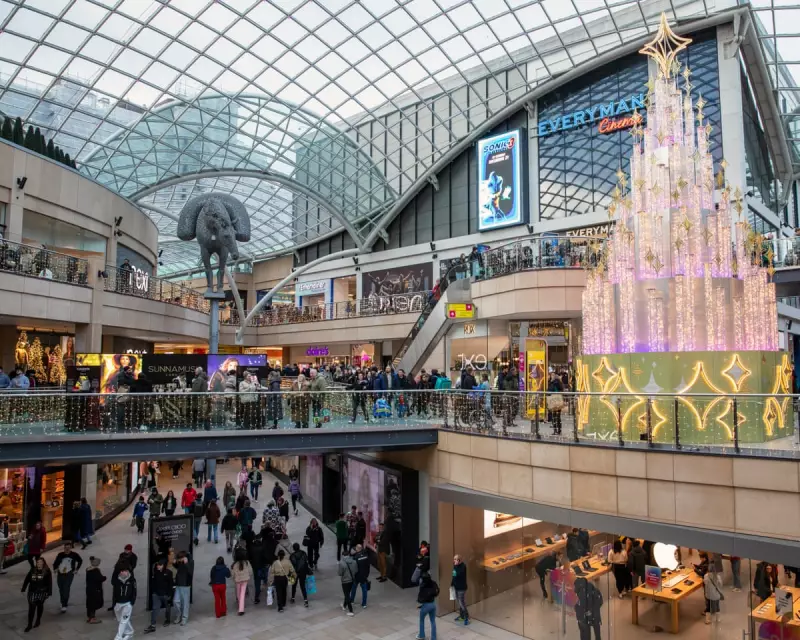
The very foundation of the British high street is facing its most severe financial threat in years, as new analysis reveals a devastating £1.5 billion business rates hike is looming for the nation's largest retailers.
According to the influential British Retail Consortium (BRC), the annual bill for large shops in England and Wales is set to skyrocket by an average of 13.7% starting in April 2026. This staggering increase is a direct result of the previous year's high inflation being baked into the government's rates calculation.
A Perfect Storm for Retailers
This financial blow could not come at a worse time for an industry already grappling with immense pressure. Retailers are simultaneously battling:
- Soaring energy costs
- Rising wage bills
- Increased costs from suppliers
- Weak consumer demand
Helen Dickinson, Chief Executive of the BRC, did not mince her words, labelling the projected increase a "hammer blow" that could easily become the "straw that breaks the camel's back" for many struggling businesses.
The Human and Economic Cost
The implications extend far beyond balance sheets. This crisis threatens the very fabric of local communities. Industry leaders warn that the massive rates rise will inevitably force difficult decisions, potentially leading to:
- The closure of cherished local stores
- Significant job losses across the sector
- Reduced investment in existing shop fronts
- A further decline in the vibrancy of town centres
The government has defended its position, citing the £4.3 billion in business rates relief already announced for the small business sector. A spokesperson emphasised the support for high streets, including a 75% rates discount for retail, hospitality, and leisure businesses up to £110,000 per business until March 2025.
An Urgent Call for Reform
However, retailers argue this is merely a stopgap measure. The core of the issue lies in what the BRC calls a "broken" business rates system. The industry is now issuing an urgent plea to the next government, calling for a fundamental, long-term reform of the tax to create a fairer and more sustainable system that doesn't punish physical retail investment.
The future of countless high street stores now hangs in the balance, awaiting a political response to what is rapidly becoming a full-blown retail emergency.





